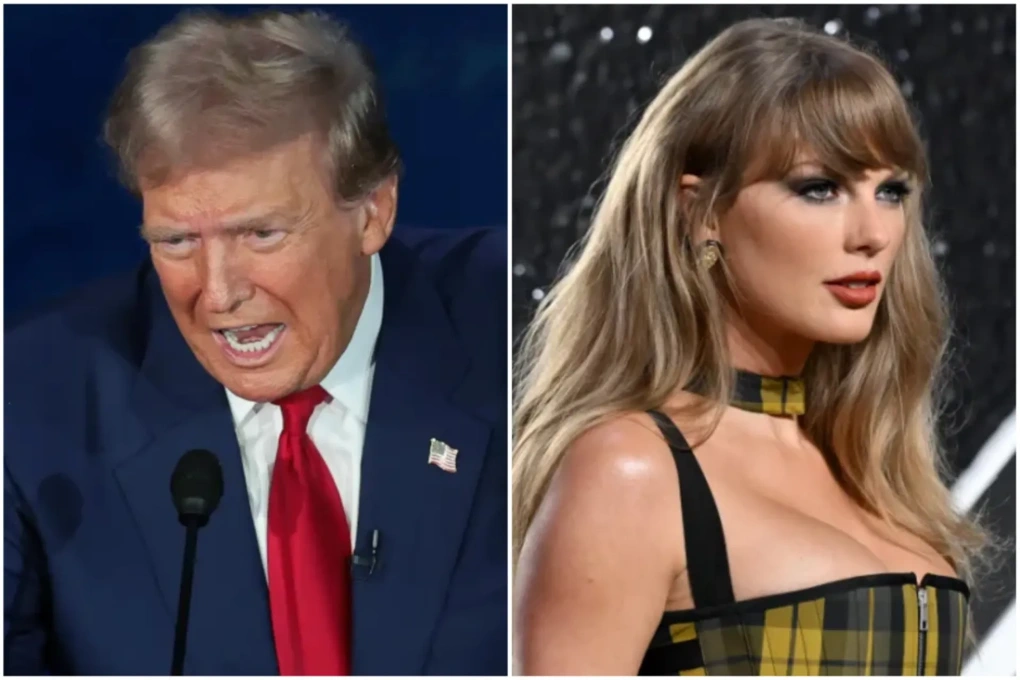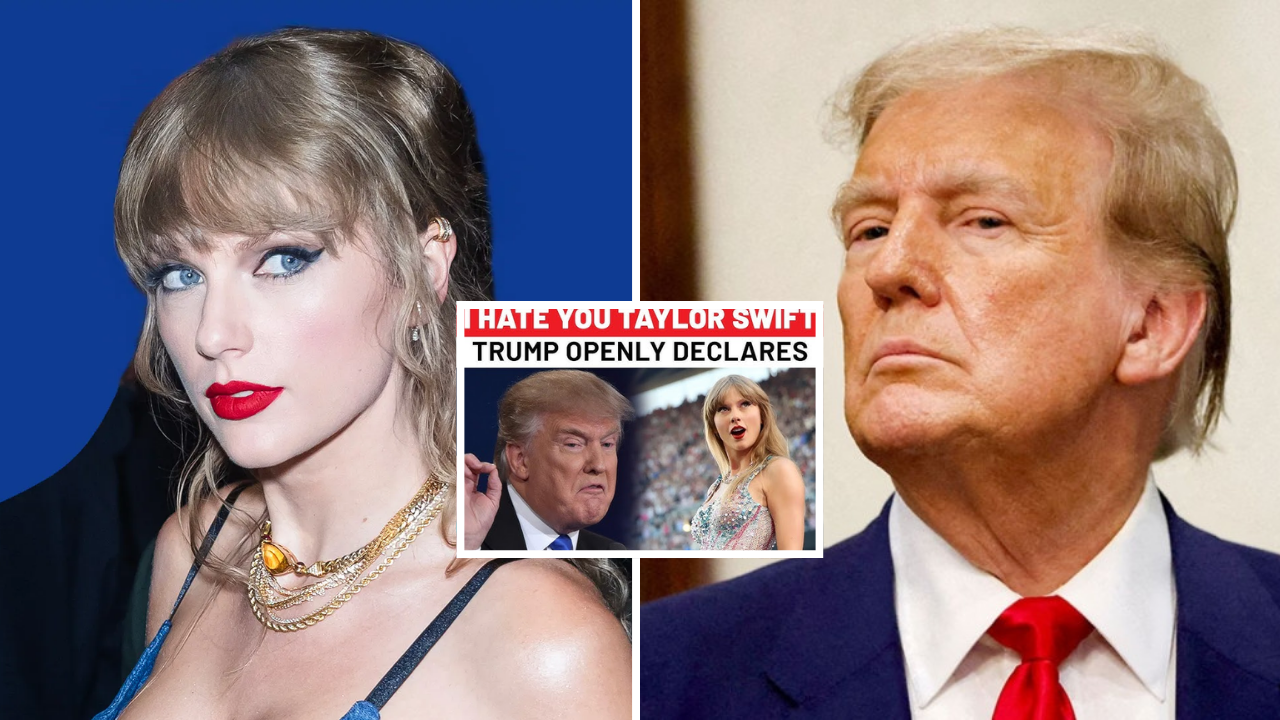 Former US President Donald Trump and singer Taylor Swift (Photo: Getty).
Former US President Donald Trump and singer Taylor Swift (Photo: Getty).
In a post on the social network Truth Social on September 15, Republican presidential candidate Donald Trump criticized singer Taylor Swift, just days after the pop superstar publicly supported Kamala Harris – his Democratic opponent in the US presidential race.
“I hate Taylor Swift,” Trump wrote, but did not comment further.
Immediately after the live debate between Mr. Trump and Ms. Harris last week, singer Swift announced that she would vote for Vice President Harris because of the values she defends.
“She fought for rights and causes that I believe require a warrior to defend,” Taylor shared.
Swift’s post has received more than 9 million likes on Instagram, fueling speculation that her endorsement could help Harris increase her chances of winning the upcoming November 5 presidential election.
Recent polls show Harris is gaining ground on Trump, which may make it impossible for the former president to ignore the singer’s support for Harris.Trump “Hates” Taylor Swift After She Endorses Kamala Harris: A Deep Dive into the Feud
The ongoing tension between former President Donald Trump and superstar Taylor Swift reached new heights as Trump recently declared his “hatred” for the pop singer after she publicly endorsed Vice President Kamala Harris. This bold statement has quickly become the center of public conversation, drawing reactions from fans, political analysts, and celebrities alike. The seemingly unusual clash highlights the increasing intersection of pop culture and politics and offers a unique window into the broader political and cultural divide in America.
Swift’s Political Evolution
Taylor Swift’s evolution into a vocal political figure has been a gradual process. Once known for her reluctance to discuss politics, she shifted gears in 2018, endorsing Democratic candidates in Tennessee. The singer has since amplified her advocacy, publicly supporting progressive issues and engaging in political discourse, especially concerning social justice, equality, and LGBTQ+ rights. Swift’s shift from political neutrality to activism represents a generational push toward socially aware celebrity involvement in politics.
Her endorsement of Kamala Harris marks her most significant political support yet. Swift’s influence, especially among young Americans, is undeniable, and her endorsement of the current administration adds weight to their campaign efforts ahead of the 2024 election. Swift has described Harris as “a champion for women’s rights, equality, and justice” in recent social media posts, urging her fans to support the Biden-Harris ticket.
Trump’s Strong Reaction
In a recent interview, Trump expressed his displeasure with Swift’s support for Harris, stating, “I hate her music, and I hate her politics.” His remarks have fueled speculation about the reasoning behind his blunt reaction. The former President has often been critical of Hollywood figures who oppose him, labeling them as “out of touch” and suggesting they aim to undermine traditional values. Swift, as one of the most influential voices in the music industry, represents a powerful counterpoint to Trump’s conservative base.
Political analysts speculate that Trump’s comments could be a strategic attempt to rally his supporters. By calling out a prominent figure like Swift, Trump may aim to reinforce his image as a defender of traditional American values, contrasting with the progressive voices in Hollywood and pop culture. This approach aligns with his history of dismissing celebrity critics and rallying against “coastal elites.”
The Broader Impact on American Culture and Politics
The clash between Swift and Trump highlights a cultural divide between those seeking change and those advocating for traditionalism. Swift’s endorsement of Harris goes beyond a single celebrity’s political preference; it reflects a growing trend among artists and public figures who use their platforms to influence political outcomes. This trend has significant implications, especially as more young Americans turn to social media and entertainment figures as sources of political information.
Meanwhile, Trump’s reaction reflects the Republican Party’s view of Hollywood as an ideological adversary. The former President’s comments are also a testament to how deeply divided American culture has become, with politics seeping into nearly every facet of public life. For many, Trump’s dismissal of Swift and her political stance represents a broader rejection of progressive ideals championed by younger generations.
